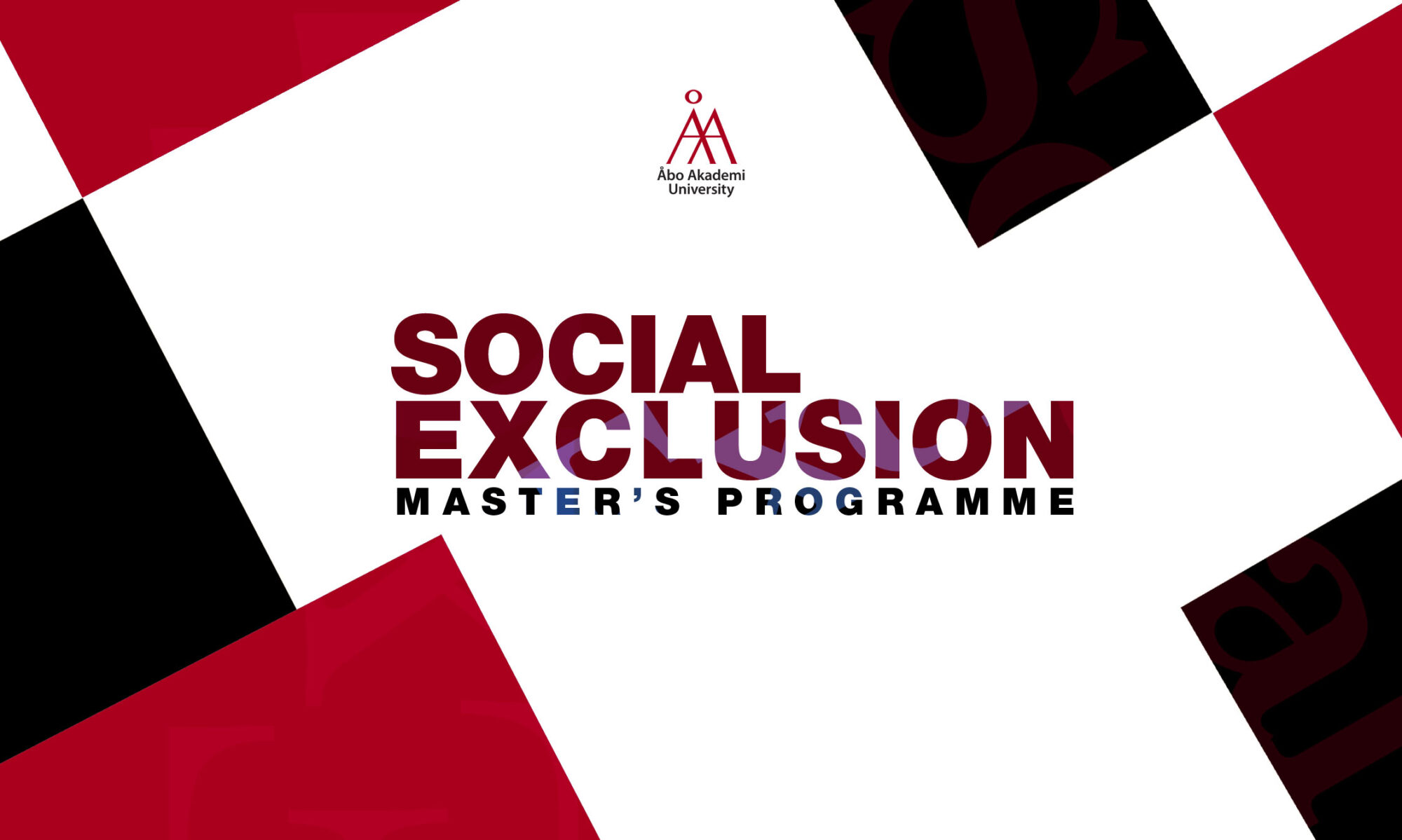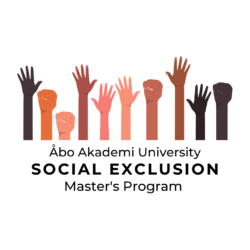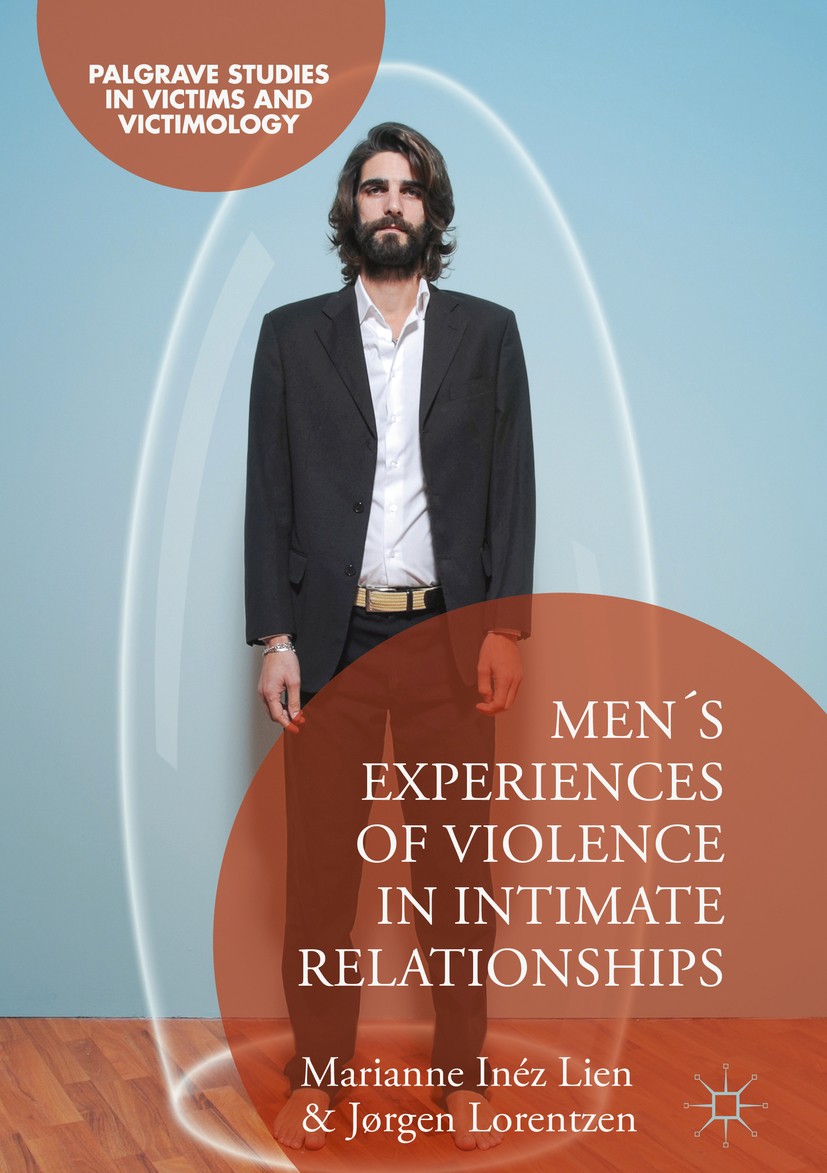Men’s Experiences of Violence in Intimate Relationships
by Marianne Inez Line and J∅rgen Lorentzen
In the book, Men’s Experience of Violence in Intimate Relationships, published in 2019, the authors Marianne Inéz Line and J∅rgen Lorentzen have done extensive research on men’s experience of violence, a subject which has gotten little attention in the past. Discussions and theories on violence in relationships, usually, stress the perspectives of women and children as victims and men as actors of violence. Hence, the aim of the book is according to the authors to fill a knowledge gap and contribute to the research on gender, masculinity, criminology and violence.
Marianne and J∅rgen mainly focuses on violence in Norweigan or in the Nordic countries, however, some of their interviewees were from other regions. The authors also stress that having these conversations with men is sensitive and addressing women as the perpetrator of violence is socially difficult, since it is in opposition to social norms of femininity. Hence, the authors explain in depth the ethics of their study. Marianne and J∅rgen also gives a wide understanding of how they understand violence in the context of their study, namely that it is sexual, physical, psychological, material, latent and economical. In their book, they take all of these aspects into consideration. They also define what they entail with “intimate relationships” within the book and explain that:
“violence in intimate relationships is understood to mean violence or threats of violence within couples, families, including the wider family, friendships and other relationships of trust or dependence.”
This means it is not only romantic relationships that are researched in the book but rather relationships are understood as human interactions that are built on trust.
The book is structured with the help of three sub-studies. The first is a literature study of previous Nordic studies about violence against men in intimate relationships. This study found that, as previously mentioned, a lot of literature is focused on violence against women and children. The literature that has been established and focuses on men was mainly men in heterosexual relationships and limited knowledge was produced on violence against men in friendship relations, within the family and in same-sex relationships.
The second study consisted of an internet survey about the public and their awareness of already existing support that exists for men that have experience violence. This includes crisis centres, family protection offices and centres against incest and sexual assault that are not solely for women but for all.
The third study in the book includes interviews with 28 men who have experienced violence. These men were ethnically Norwegian or men with immigrant backgrounds and their sexual preferences also varied. Some of the men had experienced violence five or more years ago, meaning the authors of the book could also give insights into the long-term harm violence has.
Findings from the interviews were that many men faced silencing and bullying after experiencing violence, which in itself led to shame and guilt. It was also found how vulnerable some men were, due to economical reasons, not having a residence permit, wanting to have a connection to their children, not wanting to appear as the violent ones and society’s perception of masculinity, leading to them being stuck in their situation. There was also a long list of long-term health issues along with other complications in life that these men face as a result of the trauma they had experienced, some had even tried to commit suicide. The book also discusses when these men sought help from some organizations their issues belittle, due to them not being the “presumed” victim. However, there were also encounters where help was sought and given and most of the men were satisfied and pleased with the support the crisis centre and the centres against incest and sexual assault have given them. Despite the satisfaction with the support, some also expressed how there are still improvements needing to be made in the system. The men also emphasized the importance of talking to other men about their experiences and how that has had a positive contribution to their healing journey.
Marianne Line has a PhD in Sociology and she specializes in Sociology, Social Anthropology and Gender Studies. She is currently working at the University of Oslo.
J∅rgen Lorentzen has written several books and articles in the field of gender studies, masculinities and cultural analysis. He has also been the project leader for several research projects in the Centre for Gender Research at the University of Oslo.


